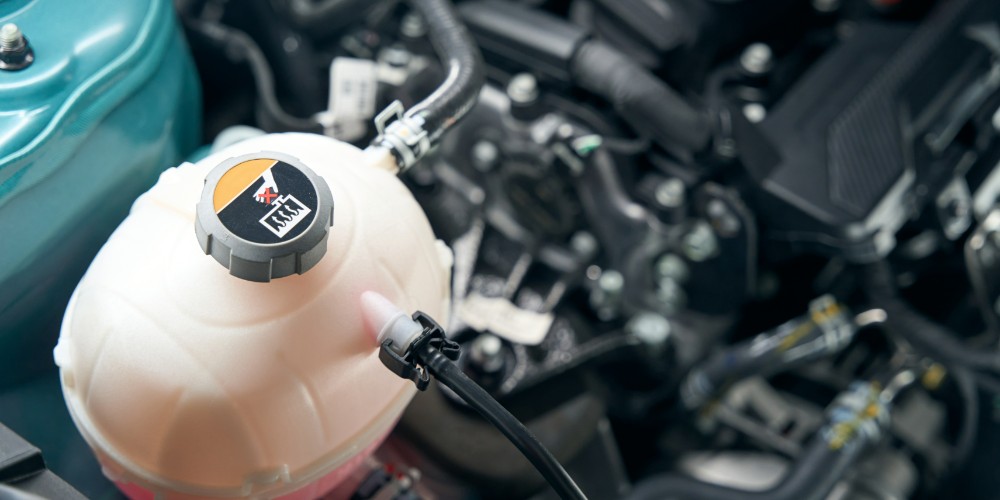A CCJ, which stands for County Court Judgment, is a type of court order in England and Wales that might be registered against someone if they fail to repay money they owe. It is a legal tool used by creditors to pursue unpaid debts from individuals or businesses.
The process of getting a CCJ
When someone owes money and doesn’t pay, the creditor can apply to the court to get a judgement against the debtor. Before a CCJ can be issued, the creditor must send a warning letter, often referred to as a ‘Letter Before Action’, indicating their intention to take the matter to court if the debt isn’t settled. If there’s no response or agreement reached after this letter, the creditor can proceed with the court action.
If the court agrees with the creditor that money is owed, they’ll issue a CCJ against the debtor. The CCJ outlines how the debt should be repaid. It can specify that the amount be paid in full immediately, in instalments, or by a certain date. If the debtor disagrees with the CCJ or the amount they’re said to owe, they can challenge the judgement, but this must be done promptly and within the legal frameworks.
How does a CCJ impact you?
Having a CCJ can significantly affect one’s credit rating, making it harder to secure loans, mortgages, or any other form of credit. If a CCJ is paid within a month of being issued, it won’t appear on the person’s credit record. However, if it isn’t settled within this period, the CCJ will remain on the credit record for six years, even if the debt is paid off in the meantime.
💡Read more: How long does a CCJ last?
To avoid this negative impact on their credit record, it’s essential for the debtor to address the CCJ immediately. If they can’t afford to pay, they should engage with the creditor or seek advice from debt counselling services.
In cases where the debtor has the means but chooses not to pay, the creditor can take further enforcement action. This can include instructing bailiffs to seize goods, applying for an attachment of earnings order to take money directly from wages, or even securing a charge against the debtor’s property.
In conclusion, a CCJ is a serious legal tool in the UK used by creditors to claim debts. It not only obliges someone to pay what they owe but can also have long-lasting implications for their financial reputation and creditworthiness. It’s always advised to manage debts responsibly and seek help if facing financial difficulties.
💡 You might like this guide: How bad credit affects car finance.





